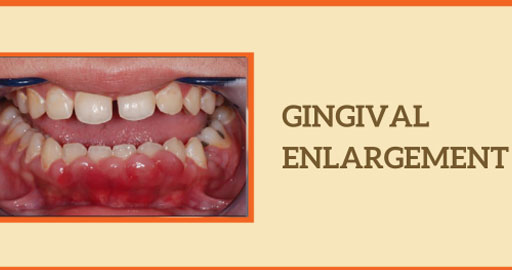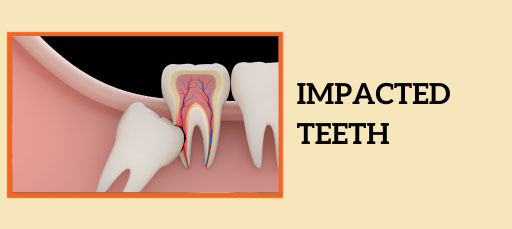
Gingival Enlargement – Symptoms, Causes, Treatment
Gingival enlargement, also known as gingival overgrowth or gum hypertrophy, is a condition where the gums become enlarged or swollen. This can be a concerning issue as it not only affects your oral health but can also impact your overall well-being. In this blog, we will explore the symptoms, causes, and treatment options for gingival enlargement to help you better understand and manage this condition.
Symptoms of Gingival Enlargement
Gingival enlargement can manifest in various ways, and the severity of symptoms can vary from person to person. Common symptoms include:
- Swollen or puffy gums: The most noticeable sign is the enlargement of the gum tissue, which can make your gums appear swollen and puffy, and that can be prevented by gum disease treatment.
- Change in gum color: Gingival overgrowth can lead to changes in gum colour, making them appear darker or more red than usual.
- Bleeding gums: Enlarged gums are often more sensitive and prone to bleeding, especially during brushing or flossing.
- Difficulty in speaking or eating: Overgrown gums can interfere with your ability to speak clearly or chew properly, leading to discomfort.
- Discomfort or pain: Some people may experience discomfort, pain, or a feeling of pressure in the affected gums.
Causes of Gingival Enlargement
Understanding the underlying causes of gingival enlargement is crucial for effective treatment. There are several factors that can contribute to this condition, including:
- Poor oral hygiene: Inadequate brushing and flossing can lead to the accumulation of plaque and tartar, causing inflammation and gum enlargement.
- Medications: Some medications, particularly certain anticonvulsants, calcium channel blockers, and immunosuppressants, can cause gingival enlargement as a side effect.
- Hormonal changes: Hormonal fluctuations, such as those that occur during pregnancy, menstruation, or menopause, can increase the risk of gum enlargement.
- Medical conditions: Certain medical conditions, such as leukemia, Crohn’s disease, and granulomatosis with polyangiitis, may be associated with gingival enlargement.
- Hereditary factors: Some individuals may have a genetic predisposition to develop gingival enlargement.
- Dental restorations: Poorly fitted dental appliances or crowns can irritate the gums, leading to enlargement.
Treatment Options for Gingival Enlargement
The treatment of gingival enlargement depends on its underlying cause and severity. Here are some common treatment options:
- Improved oral hygiene: Practicing good oral hygiene, including regular brushing and flossing, can help with preventive dentistry. Gum enlargement is caused by plaque and tartar buildup.
- Medication adjustment: If medication side effects are causing the condition, your healthcare provider may consider adjusting your prescription or switching to an alternative medication.
- Surgical intervention: In more severe cases, surgical procedures may be required to remove excess gum tissue. These procedures can include gingivectomy or gingivoplasty, performed by a periodontist or oral surgeon.
- Orthodontic treatment: If poorly aligned teeth are contributing to gum enlargement, orthodontic treatment can help correct the issue and reduce gum swelling.
- Management of underlying medical conditions: Treating the underlying medical conditions responsible for gingival enlargement can help manage the gum overgrowth.
- Laser therapy: Laser technology is also used to remove excess gum tissue with minimal pain and shorter recovery times.
Conclusion
Gingival enlargement is a condition that can have a significant impact on your oral health and overall well-being. It is essential to be aware of the symptoms, causes, and available treatment options to address this issue promptly.
If you suspect you have gingival enlargement or notice any unusual changes in your gums, consult with a dentist or periodontist at Clove Dental is advisable to determine the cause and appropriate treatment plan. Remember, early intervention is key to maintaining healthy gums and a beautiful smile. By: Dr. Nayanika Batra
Leave a Reply
Leave a Reply





















